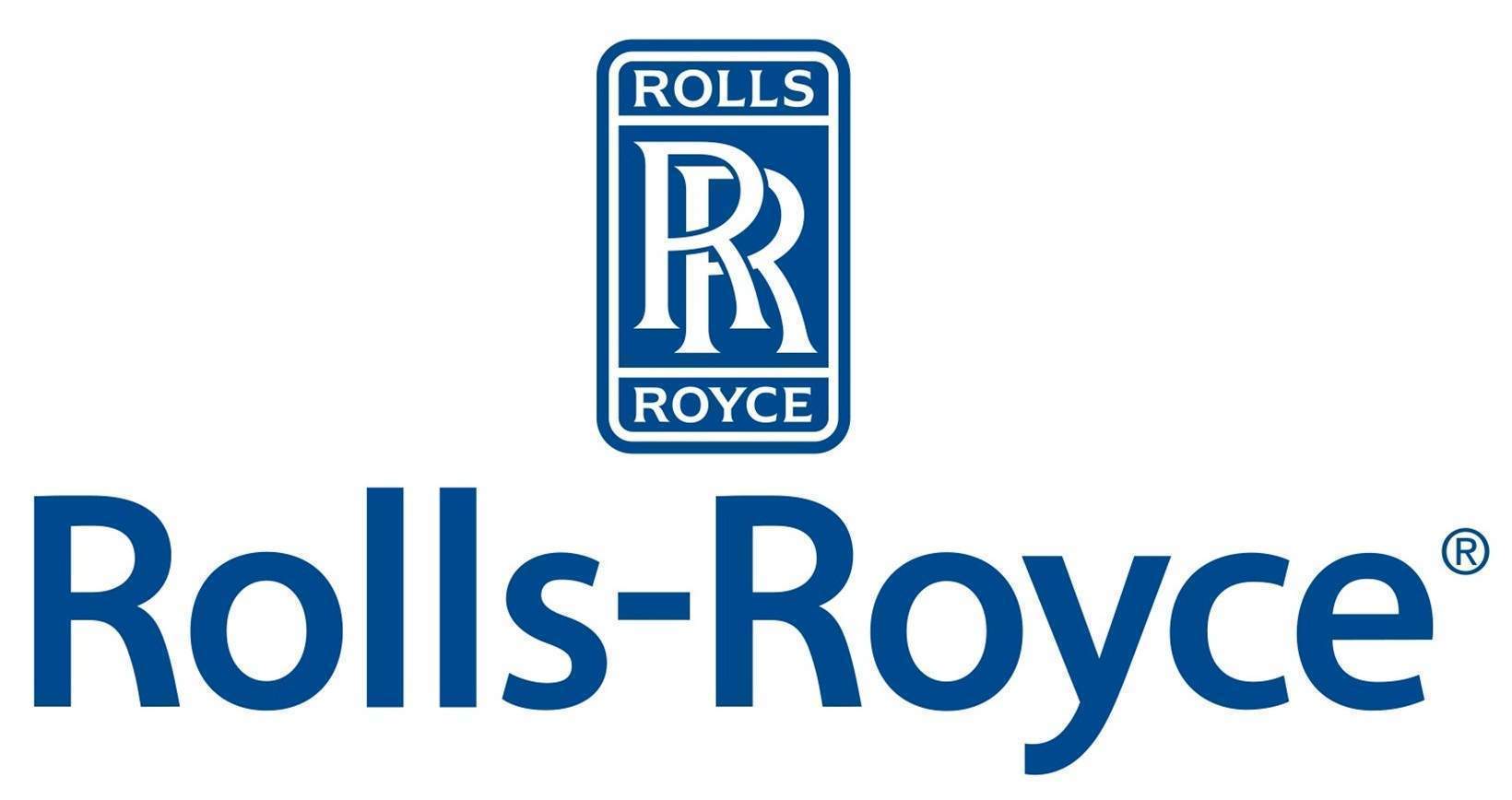
The main thing we know about the G7 summit discussions is that the world response to Covid-19 will feature heavily.
We need a joined-up approach to recovery, along with preparedness and resilience for the next pandemic. After all, despite history telling us that they occur once every 100 years, the next one is already here.
Alongside climate change, antimicrobial resistance (AMR) is the most urgent global healthcare challenge for the human species. Micro-organisms such as fungi, parasites, bacteria and viruses that can cause infections have evolved to become resistant to the drugs that we use to treat them. Overuse of antimicrobials in healthcare and the environment has significantly accelerated AMR.
The scary thing is, it’s insidious and silent. The latest figures suggest AMR will cause over 10 million deaths per year by 2050. This is more than deaths from cancer and diabetes combined, and triple the current Covid-19 death toll of 3.4 million deaths worldwide since 2019.
So what can we do about it? The main strategies of tackling AMR have focused on the discovery and development of new antibiotics. While there is merit to this approach, the antibiotic discovery economic pipeline is broken.
A recent report by the World Healthcare Organisation found that none of the 43 antibiotics in development target the most antibiotic-resistant bacteria. Incentives, such as the “subscription” model to pay for antimicrobial development currently trialled the UK, have been put in place to attempt to counter this.
But micro-organisms will constantly evolve to develop resistance to any new antimicrobial drug that is used – so we will need a constant supply of new drugs to stay ahead. The current economic model does not suggest this is a feasible or long-term strategy.
Alternatively, vaccines present a positive targeted solution to prevent AMR infections. However, is it really feasible to attempt to vaccinate populations against every AMR micro-organism? The simple answer is no.
Diagnostics also present a good alternative solution to tackling AMR by enabling clinicians to rationalise antimicrobial use. Jim O’Neill, one of the authors of the AMR Review of 2016, stated that development of new diagnostic technologies was key to preventing the overuse of antimicrobials in practice. However, there has been limited funding to accelerate diagnostics development for AMR infections.
Perhaps the most overlooked approach has been infection prevention and control. While biocide and sanitiser use has generally led to good hygiene practices against Covid-19, many scientists argue that overuse of biocides can induce biocide resistance, due to greater selective pressure for micro-organisms to survive.
Water, sanitation and hygiene (WASH) in lower to middle-income countries (LMICs) should also be considered. The majority of AMR pathogens have originated in LMICs due to antimicrobial overuse – and tackling reservoirs where AMR micro-organisms can proliferate is important. However, UK Official Development Aid cuts have severely impacted the AMR research community globally, and many collaborative UK research projects in LMICs have had to be abandoned.
Finally, education presents as the most obvious way of preventing overuse of antimicrobials. By informing the public, healthcare professionals and world leaders, we can highlight that antimicrobials are a finite, precious resource that need to be protected and used sparingly.
Climate change is also on the list of priorities to discuss at the G7 summit, and this is closely linked to AMR. As our planet temperature rises, infections become more common as they can survive better in warmer climates. As our global population increases, more people will defecate. What is not considered is where that faeces will go and whether it will be treated. In LMICs where there is limited infrastructure and sanitation, faeces will directly enter the environment.
Faeces contains 1012 bacteria per gram and this will end up in rivers, and ultimately in the ocean. Climate change is causing ocean currents to move and thus bacteria in these environments will share their AMR genes, leading to transmission of AMR bacteria across the globe. The key thing for our world leaders to realise is that these global health challenges impact each other significantly.
AMR is already affecting all people of all nations. We need to do something now to stop it – but there is no single answer. What is required is a multifaceted “one health” approach that combines all solutions instead of relying on a silver bullet.
It is time for our world leaders to step up. They are the only ones who have the power and ability to impact and enable policy change to truly tackle AMR and infectious diseases. Their decisions can influence all sections of society and prepare them for generations to come.
Dr Tina Joshi is a lecturer in molecular microbiology at the University of Plymouth.



